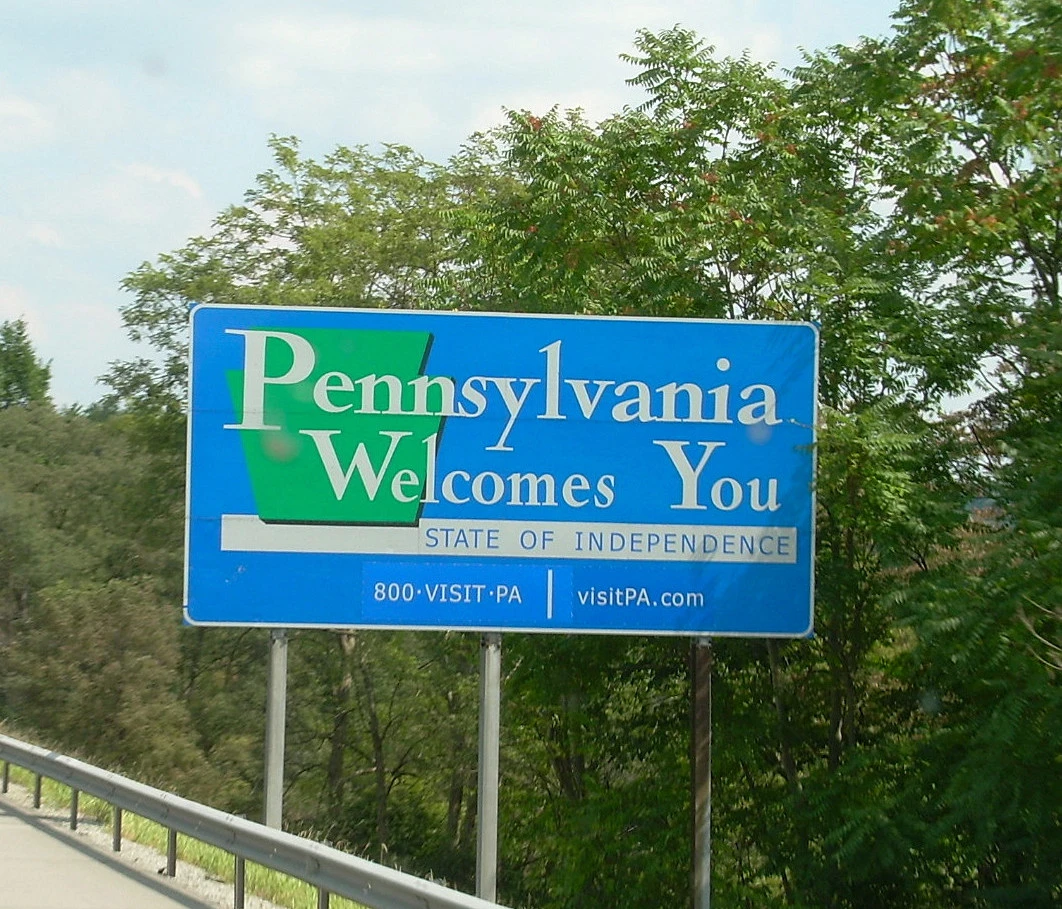Skill games: Ban or regulate?

“The genie is out of the bottle.”
“We can’t put the toothpaste back in the tube.”
These were predominant thoughts today from a panel of experts at the summer meeting of the National Council of Legislators from Gaming States (NCLGS) in Pittsburgh, on what to do about the unregulated skill games that have spread across several states. The question is what government, and the licensed, regulated casinos can do to stem the tide.
The fact the conference is being held in Pennsylvania is significant, since some estimates have the number of slot-like machines in that state topping 100,000. And one company that operators grey-market games in Pennsylvania says casino revenue is proof the games aren’t hurting the industry.
They are not only in bars and clubs but in gas stations, convenience stores and other locations accessible to anyone, including children.
Oklahoma state Representative Chris Kannady moderated the panel. Panelists were:
Anthony Gaud, co-CEO, Gaud-Hammer Gaming Group (G3);
Matt Hortenstine, general counsel, J&J Ventures;
Jeff Morris, vice-president of public affairs, Penn Entertainment;
Kurt Steinkamp, chief of staff of the Michigan Gaming Control Board;
Eric Weiss, managing director, North America for compliance solutions provider IC360; and
Michael Pollock, senior policy adviser for Spectrum Gaming Group.
Tough to ban something that has proliferated
Hortenstine and Weiss said hundreds of thousands of skill games are already in the field. That, he said, makes it unrealistic to shut them down or ban them. Weiss likened efforts in some states, including Pennsylvania, to a game of ‘Whac-a-Mole’. When one location is shut down, another pops up. In Pennsylvania, machines seized by police often are returned to the owners after court decisions in favour of the skill-game providers
Michigan’s Steinkamp said the decision of whether or not to regulate skill games is up to state legislators. Thursday, he suggested the lawmakers work with regulators to educate themselves about the risks around unregulated gaming. Lawmakers could then share what they learn as they shape policy.
Pollock, who has testified as an expert witness in skill-game court cases, said the games should be shut down, period. He notes that since gaming first ventured outside of Nevada, a gaming licence has amounted to a privilege that is earned by manufacturers and operators who have undergone considerable scrutiny to prove their integrity. They have played by the rules, without expecting them to change. Licensing skill games amounts to changing the rules of operation, he said.
Skill games costing licensed casinos millions
Pollock likened the notion of regulating and taxing skill games to illegal casinos being licensed when a new jurisdiction opens. There is precedent for that – Ontario regulators offered grey wagering operators the chance to get licensed when the regulated market launched in April 2022.
Penn’s Morris noted that skill-game manufacturers have flouted those rules and have done nothing to prove their integrity. He also noted that licensed operators are losing millions in potential revenue to skill games and states are getting zero revenue.
All on the panel agreed there must be a “level playing field” in any jurisdiction that chooses to regulate and tax skill games. Those games must be subject to the same scrutiny, player protections, responsible gaming safeguards and tax rate as casino slot machines.
And, they said, their numbers and locations should be limited. The games should not be allowed in convenience stores, lottery retailer locations or any locations where they cannot be monitored.
Maybe the toothpaste can’t be put back in the tube. But measures like these, the panelists said, will prevent the toothpaste from spreading across the house, or the country.
